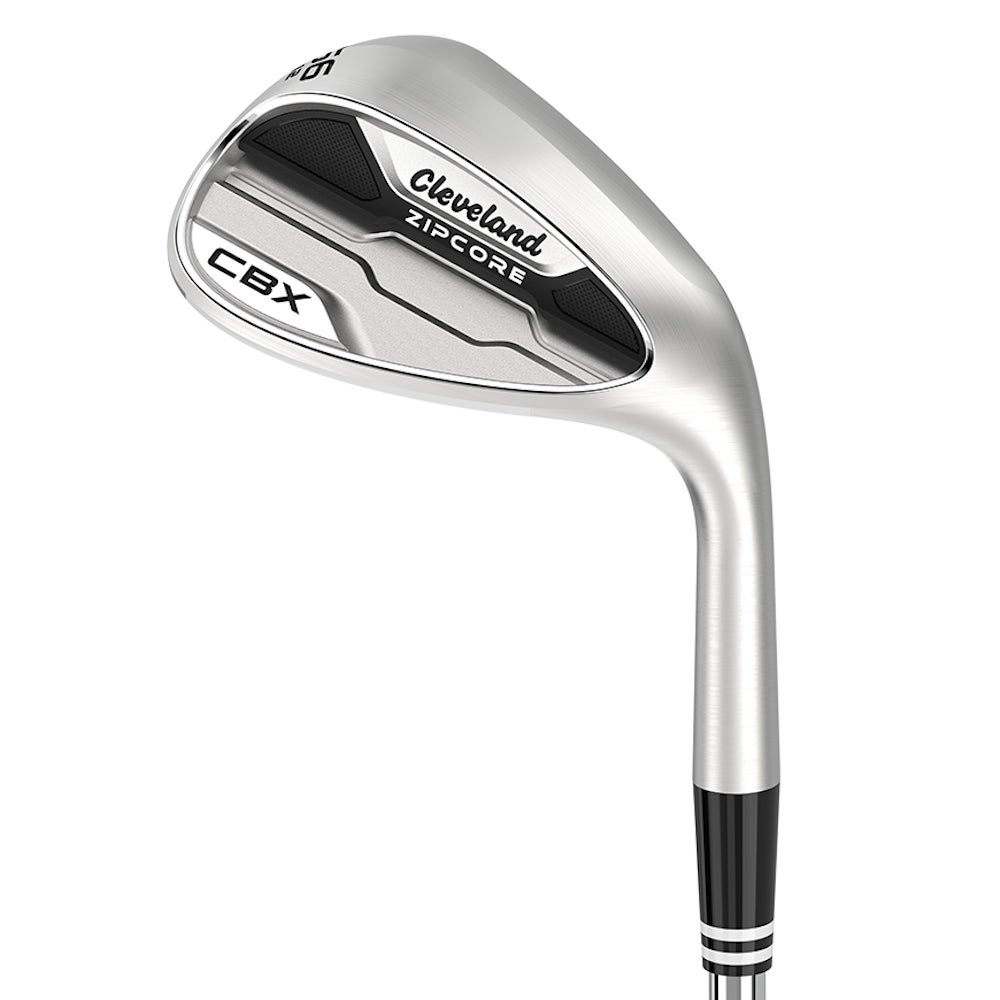Lucas Herbert is threatening to run away with the Stonehaven Cup following an extraordinary second-round collapse from his superstar LIV Golf teammate Cameron Smith.
Fully Equipped mailbag: Is wedge-swapping a good idea? It depends on a few factors


Swapping out your wedges can be both easy and difficult.
Getty Images
Welcome to another edition of the Fully Equipped Mailbag, sponsored by Cleveland/Srixon Golf, an interactive GOLF.com series in which we field your hard-hitting gear questions.
Is it a good idea to swap in different wedges depending on where I play?
There’s an easy and complicated answer to this question, and lucky for you we’ll cover both. The easy answer is sure, why not? If you have a variety of wedges to choose from with different lofts and bounce configurations, why not switch depending on the different turf and sand conditions wherever you play?
Easy enough, right? Not really. I didn’t say the easy answer was the right one — or even a good one.
If you’re comfortable swapping wedges as needed, go ahead and do so if you’re so inclined. But for most of us, making frequent equipment changes can create what we call “club confusion” — a chronic, made-up condition that we coined here at GOLF.com HQ where you don’t know how your equipment will perform and/or what types of shots you can and will hit with each club.
Club confusion is a terrible thing, by the way. Let’s say you have your 56-degree wedge dialed in and you know what swing produces which distances. You also know how high your shots fly and have gotten pretty good at predicting spin. If you swap in a 58-degree model, what happens? You now have to reassess pretty much everything. Or, if you normally play a low-bounce wedge and opt to switch to a higher-bounce one, what will happen with your contact? Again, club confusion strikes, and ugh — is it even worth it to change wedges?
Let’s look at why you’d consider a different type of wedge in the first place. Usually, it has to do with the course conditions where you’re playing. If you’re on a softer golf course with softer fluffy bunkers, a higher bounce wedge might be the right choice. If you are on a firm course with firm or heavy bunker sand, typically a lower bounce set of wedges will help.
In theory, at least.
All of our market picks are independently selected and curated by the editorial team. If you buy a linked product, GOLF.COM may earn a fee. Pricing may vary.
Cleveland CBX ZipCore
CBX ZipCore delivers the perfect blend of performance and forgiveness for players that never apologize for stepping up their short game.
The golf courses you play do in fact play a role in how well you’ll be able to hit your wedges, but how you swing matters much, much more. You should consider your swing to be what drives your wedge selection—not the golf course. Here’s why.
If you have a steep swing and struggle with hitting fat shots, it’s likely you’ll do so in both firm and soft conditions. Firm conditions may help a little, but it’s likely a lesser factor than your steep angle of descent into the golf ball. And if the ground is really firm and you happen to need less bounce, you can try and play the ball a little back in your stance with a square face. That will lessen the effects of the club’s bounce angle.
If you lean the other way and favor a wedge with less bounce, again, it’s probably better you stick with it even if you’re playing on softer conditions. All you have to do is open the face a little and boom, you’ve added a little extra bounce.
Speaking of versatility, wedge manufacturers are killing it these days. Companies like Cleveland Golf have made huge strides to make wedges more playable from anywhere on the golf course. The RTX Full-Face wedge makes it easy to hit square or open-faced shots with a full face of grooves and a high-toe profile. It also has a C-shaped grind with relief on the heel and toe for easy face manipulation. You can hit flops or low chips with ease, with the same club.
I’d recommend you learn to hit a greater variety of shots with your wedges as opposed to swapping out different ones depending on where you play. The same goes for loft, too. Swapping in wedges with different lofts may seem easy, but different lofts also tend to have different bounce angles, making it that much harder to dial in the right distance and shot types for each club.
Want to overhaul your bag for 2022? Find a fitting location near you at GOLF’s affiliate company True Spec Golf. For more on the latest gear news and information, check out our latest Fully Equipped podcast below.


